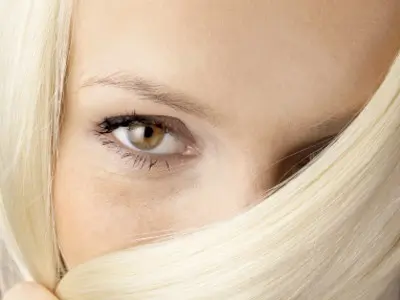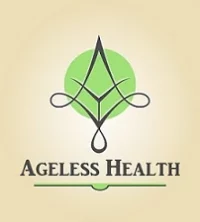Nutrition:
Quite a few studies suggest that a well-balanced diet is key to healthy hair; a sufficient intake of vitamin C, Vitamin A, B complex, Biotin and pantothenic acid (vit B5) is essential for healthy hair.
A diet containing a good balance of a variety of organically sourced fruit, vegetables and protein is essential for healthy hair.
Essential oils and hair care
(Recommendations based on anecdotal evidence and a study or two):
• Rosemary oil is the ‘go to’ essential oil to encourage healthy hair. Rosemary stimulates the roots, improves hair growth, and increases circulation in the scalp .
• Thyme oil keeps the scalp clean, boosts circulation and is said to help with split ends
• Lavender oil has anti-microbial properties, boosts hair growth and calms the skin
• Cedarwood oil stimulates the scalp and treats skin irritations. Promotes hair growth and slows hair loss
• Bay oil stimulates hair growth, slows hair loss and fights dandruff and scalp diseases
• Patchouli oil balances oil production and treats scalp diseases
• Cypress oil balances oil production and treats thinning hair
• Ylang-ylang oil is used to treat hair fall and promote healthy hair growth
Carrier Oils
(all 3 can be used as a hot oil treatment – combined or on their own):
• Almond oil soothes and moisturizes the scalp (is rather greasy though).
• Jojoba oil moisturizes the hair, adds nutrients, and stimulates the scalp (my favourite).
• Grape Seed oil is commonly used as a sealant and in hot oil treatments. Contains vitamin E and other beneficial ingredients for the scalp and follicle
Conclusion
I would suggest a combined approach when treating hair loss or damaged hair:
• Take a good supplement that contains the above-mentioned vitamins to encourage healthy hair and a healthy scalp and follicles.
• Eat balanced meals including a variety of different vegetables, fruit and protein, and manage stress.
• Treat the hair twice a week with our Hair and Scalp Blend – gently massage about a tablespoon or two into the scalp and rub another teaspoon or two gently into tips after washing and rinsing. Wrap damp hair in towel and leave on for half an hour at least (leave in your hair overnight if you want to). Apply neat shampoo to scalp and tips of hair and then wet to shampoo the blend out of the hair and then condition and dry.
• Use a PH balanced shampoo and light conditioner – try not to wash the hair too often. Our Ageless Rosemary Shampoo and Ageless Rosemary Conditioner will do the trick!
• Try to avoid harsh dyes and treatments for at least 3 months and try to avoid excessive blow drying, teasing and restrictive styling. Use a wide toothed comb to comb hair when wet. Check that you have a good, new and clean hairbrush.
• Investigate your technique when brushing and styling your hair – are you doing everything you can to prevent damaging your hair e.g.: limiting excessive brushing, tight ponytails, tight curls, brushing when wet, over washing and so on.
• 2 ml* of essential oils can be added to 100 ml of shampoo – do a skin patch test first to see if your skin will tolerate the oil (rub a bit of the blended shampoo and oil mixture behind your ear and leave for 2 hours as a preliminary ‘allergy/irritation test”. If irritation occurs wash off with mild soap and water and rinse well – do not use any essential oils on the site if allergy/irritation occurs). I suggest trying rosemary, lavender and cedarwood – all 3 or just the rosemary.
• The hair itself is dead matter. Health hair and a healthy scalp can only be promoted by treating the hair follicles and scalp. Certain treatments can seal or fluff out the hair, make it more manageable and induce a shine, but the health and strength of the hair is maintained in the scalp and follicle. This is partly a reflection of general good health and is also influenced by your genes, medications and environmental factors.
• The hair grows in 3 phases, and this process is subject to a horde of various factors. It may take a few months for the hair to bounce back to the healthiest state that can occur – be patient.
• Please read up about ‘safety when using essential oils’ on our website by clicking on this link: ‘Safety with Essential Oils’.
Please also view information on each essential oil you decide to use by reading the page discussing the specific essential oil on our website: www.agelesshealth.co.za. and pay specific attention to the dilution rates mentioned.
* 1 ml of essential oil is usually around 20 to 30 drops, depending on the viscosity of the essential oil and the size of the aperture through which the essential oil is dispensed.

